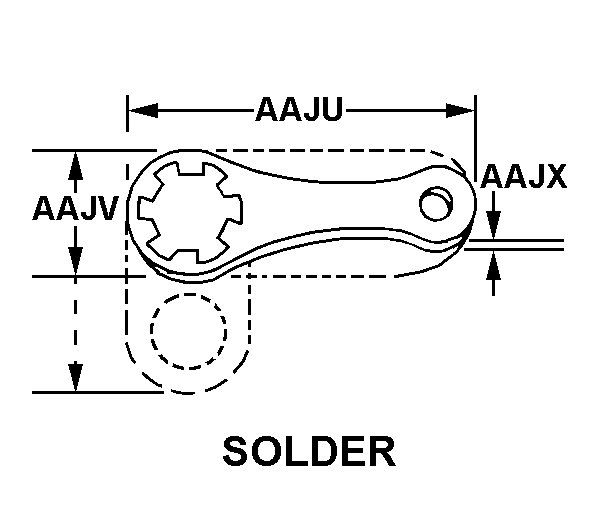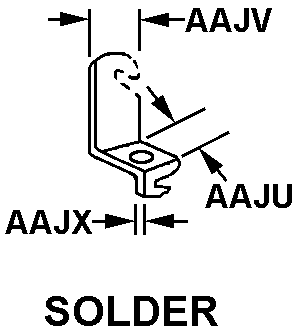5940013113059
Price Quote Get an up to date pricing and availability quote for this product. Order online or over the phone.
Quality Commitment
Serving our customers with quality and safety first.
- AS9120 Certified
- Audited supply chain
- ITAR Registered
- DDTC Registered
- HAZMAT Certified
- Customer service objectives
- Every product 100% inspected

5940-01-311-3059 Specification Set by the OEM (see RNCC code 3)
0.344in.
0.188in.
0.016in.
data recorder
solder
copper alloy 511 or copper or copper alloy
QQ-B-750 fed spec 1st material response or QQ-C-576 fed spec 2nd material response or QQ-B-613 fed spec 3rd material response
tin single layer or solder single layer
MIL-T-10727 mil spec 1st treatment response single layer or MIL-P-81728 mil spec 2nd treatment response single layer
Cross Reference Parts Part numbers that meet the specification outlined on this page and set by the OEM
Identification Item Identification Guide (IIG) and Item Name Code (INC)


Definition Definition of approved item name (AIN): "TERMINAL,LUG"
A terminal designed to be affixed, usually at one end, to a post, stud, chassis, or the like for mounting. it has provisions for attachment of wire(s) or similar electrical conductor(s) in order to establish an electrical connection and could require the use of tool(s) for attachment of wire. for post like terminals, see terminal stud. excludes clip, electrical; terminal, quick disconnect and terminal feedthru.
5940-01-311-3059 Material Hazmat, Precious Metals, Criticality, Enviroment, and ESD
Indicates there is no data in the hmirs and the nsn is in a fsc not generally suspected of containing hazardous materials.
Item does not contain precious metal.
Represents items with no adp components
The item does not have a nuclear hardened feature or any other critical feature such as tolerance, fit restriction or application.
Identification Codes
HMIC: Hazardous Material Indicator Code. A one position code that identifies a hazardous item.
PMIC: Precious Metal Indicator Code. A one position code which identifies items that have precious metals as part of their content. precious metals are those metals generally considered to be uncommon, highly valuable, and relatively superior in certain properties such as resistance to corrosion and electrical conductivity.
ESD: Electrostatic Discharge. Indicates if an item is susceptible to electrostatic discharge or electromagnetic interference damage. electrostatic discharge damage occurs when an accumulation of static electricity generated by the relative motion or separation of materials is released to another item by direct contact. electromagnetic interference damage occurs when an item comes into proximity with an electrostatic or magnetic field.
ENAC: Enviromental Attribute Code. Identifies items with environmentally preferred characteristics.
CRITL: Criticality Indicator Code. Indicates an item is technically critical by tolerance, fit, application, nuclear hardness properties, or other characteristics.






